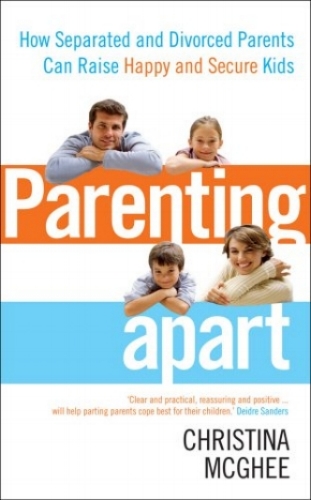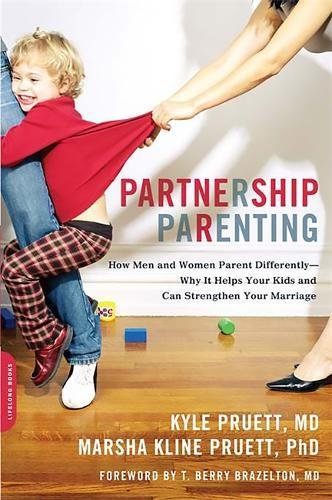Key topics
Uncategorized
FAQs
What can I do to get more time to see my children at Christmas?
If your court action requests time with your child at Christmas remember that the sheriff will only consider the childrens feelings, not yours. Some sheriffs will agree to splitting the day between parents, whereas others are more likely to agree to let you have them on Christmas day on alternate years. You might even come up against a very old-fashioned sheriff who feels that children should be with their mother at Christmas. Your lawyer should know what the local sheriff are like. Try asking for what you think is reasonable but be prepared to back down quickly if there is resistance – if you can show you are being reasonable and willing to negotiate that will strengthen your case. See the factsheet on Christmas.
What should I wear at the court hearing?
Wear a suit if you have one or at least a shirt and tie and smart trousers (not shorts even if it is hot). Women should also dress in smart or businesslike clothes. Although there are no rules about what to wear it is far better to show you are respecting the court and the importance of the hearing by dressing in this way. Remember that you will be under the radar from the moment you step into the court room so don’t make gestures or faces when the other side says something provocative – just keep calm and try to relax.
What happens if we go to family mediation?
Before the mediation starts, each parent has their own intake interview with the mediation service to discuss what needs to be discussed and to explain how mediation works. After this mediation can start to involve both of you. Normally you then meet together with the mediator, although sometimes the parents sit in different rooms and the mediator goes between them (shuttle mediation). Either parent can refuse to take part in mediation, which may mean that you have to raise a court action to resolve the dispute.
Is a writ the first letter?
The form that is submitted to court to start a case is called a writ. Subsequent court forms are called “motions” or “minutes to vary”. The initial writ consists of a note of what you are asking the court to decide (craves), background to why this is necessary (condescendence) and a statement of which laws you are using to make this request (pleas in law). See our guide to representing yourself {LINK}.
My lawyer has suggested that it will improve my chances of getting more contact if I do parenting classes – who runs them?
Look on your local council web site to see if they run any suitable classes, or try contacting organisations like Parent Network Scotland or Mellow Parenting. A Google search should show up smaller local organisations in your area. You may find that some classes say that they are only for parents who have contact with their child – try politely and firmly to persuade them that you need the training to help resume contact.
My name isn’t on the birth certificate of my child, how can I deal with this?
If possible, try to persuade the mother to add your name. There are forms for you and her to fill in and this adds your name to the birth certificate. See https://www.nrscotland.gov.uk/registration/re-registration-of-birth-or-stillbirth for more details.
If she doesn’t agree to do this, you can raise it in court at the same time as obtaining a contact order. If she disputes that you are the father you can ask for a DNA test – do this via the Child Maintenance Service if you are being asked to pay maintenance.
Guides/Publications
Helping Children Learn
Because it’s for the kids: Building a secure parenting base after separation
Useful Websites
Kids in the middle
This website helps children, parents and families thrive during and after divorce through counseling, education and support.
Family Lives
This website provides lots of advice and information for those who are thinking about separating or are already doing so, including forums.
Parenting Apart
The highly acclaimed author Christina McGhee provides free articles and blog posts with practical tips on her website.
Parent Connection
The website supports parents through separation and co-parenting difficulties. It can also be used by parents who are just worried about their relationship.
Children Beyond Dispute
This Australian website has loads of resources about child inclusive mediation and information about looking after young children after divorce or separation.
Useful Books

Parenting Apart: How Separated and Divorced Parents Can Raise Happy and Secure Kids
Good for: breaking down how children may be affected by separation at each developmental stage from 0-18 years.

Partnership Parenting: How Men and Women Parent Differently-Why It Helps Your Kids and Can Strengthen Your Marriage
Good for: explaining the value of balancing different ways of parenting.



